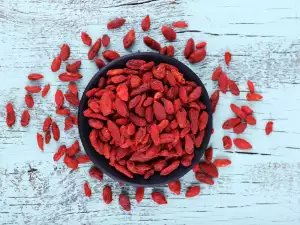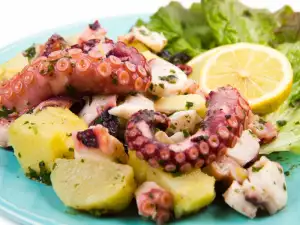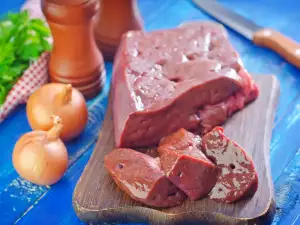If after eating you would like nothing more than to take a nap because you feel tired, know that this is not something only happening to you. But by using a few tricks, you'll be able to stay energized throughout the whole day.
After you wake up in the morning, you probably gulp down 1-2 cups of coffee and skip breakfast, then eat a sandwich for lunch and feel the overwhelming urge to sleep. Your fatigue may be a result of your way of eating and what you consume.
It may happen if you don't take in the 3 important groups of substances during each meal - proteins, natural fats and slow-burning carbohydrates.

Fatigue also sets in if you have too great of an interval between meals, if you eat too much or too little, and if you consume excessive amounts of sugar.
The good news is that with a small change in your eating habits you'll no longer feel tired. If you feel fatigued an hour and a half after eating, evidently you did not eat food that was very healthy and capable of loading you with energy.
Eat 3 to 4 times a day and try to eat at about the same time each day. This will help regulate blood sugar levels and prevent energy loss.

A good eating rhythm is as follows: 8 am, 12 noon, 4 pm, 8 pm.
Always combine proteins, fats and slow-burning carbs in your food. Whole-grain baked foods are an excellent example. If you add 2 eggs to your whole-grain bread slice in the morning, this will make for a much more energy loaded breakfast.
You should not go more than 4 hours between meals during the day. You can eat a little bit but don't leave your body without any food. Think of your body as a machine that constantly needs a new batch of fuel every 4 hours.
And since you don't pour sugar into your car's fuel tank, don't do it to your body either. Overconsumption of sugar leads to fatigue and the increased risk of many chronic illnesses.
Your body also needs cholesterol, which is different from bad cholesterol that is oxidized. Fresh cheese and hard-boiled eggs are an excellent source of so-called good cholesterol.




















Comments